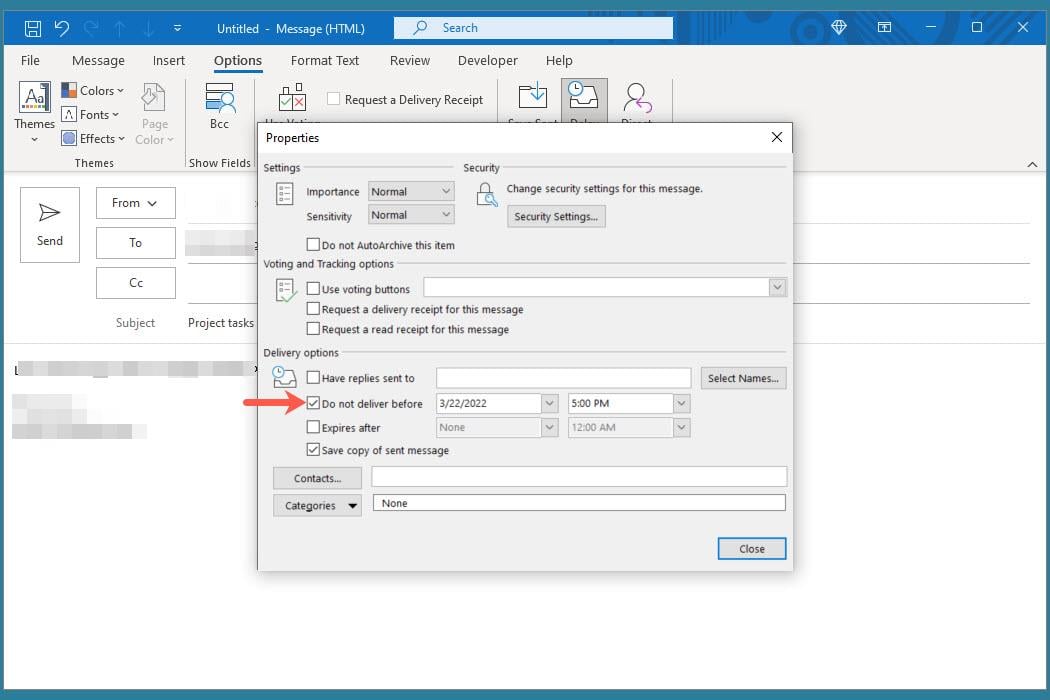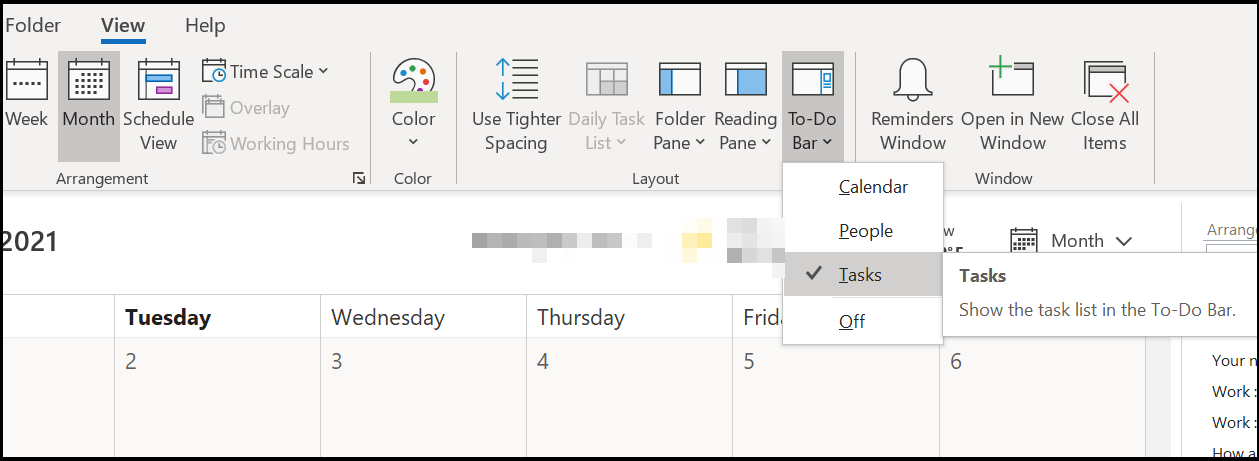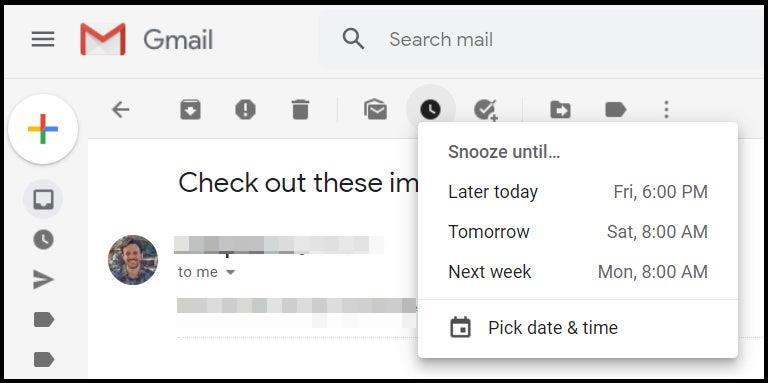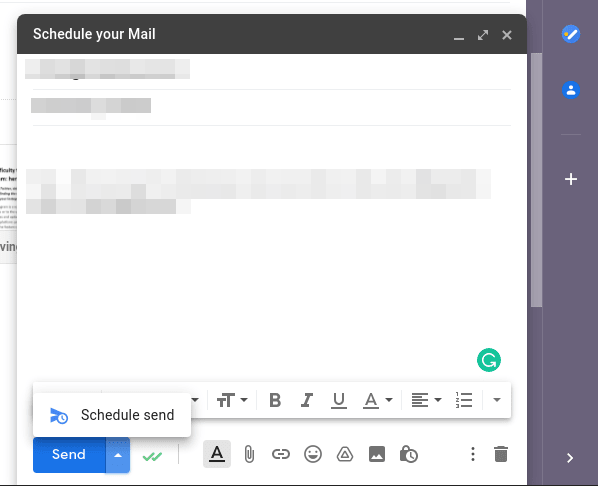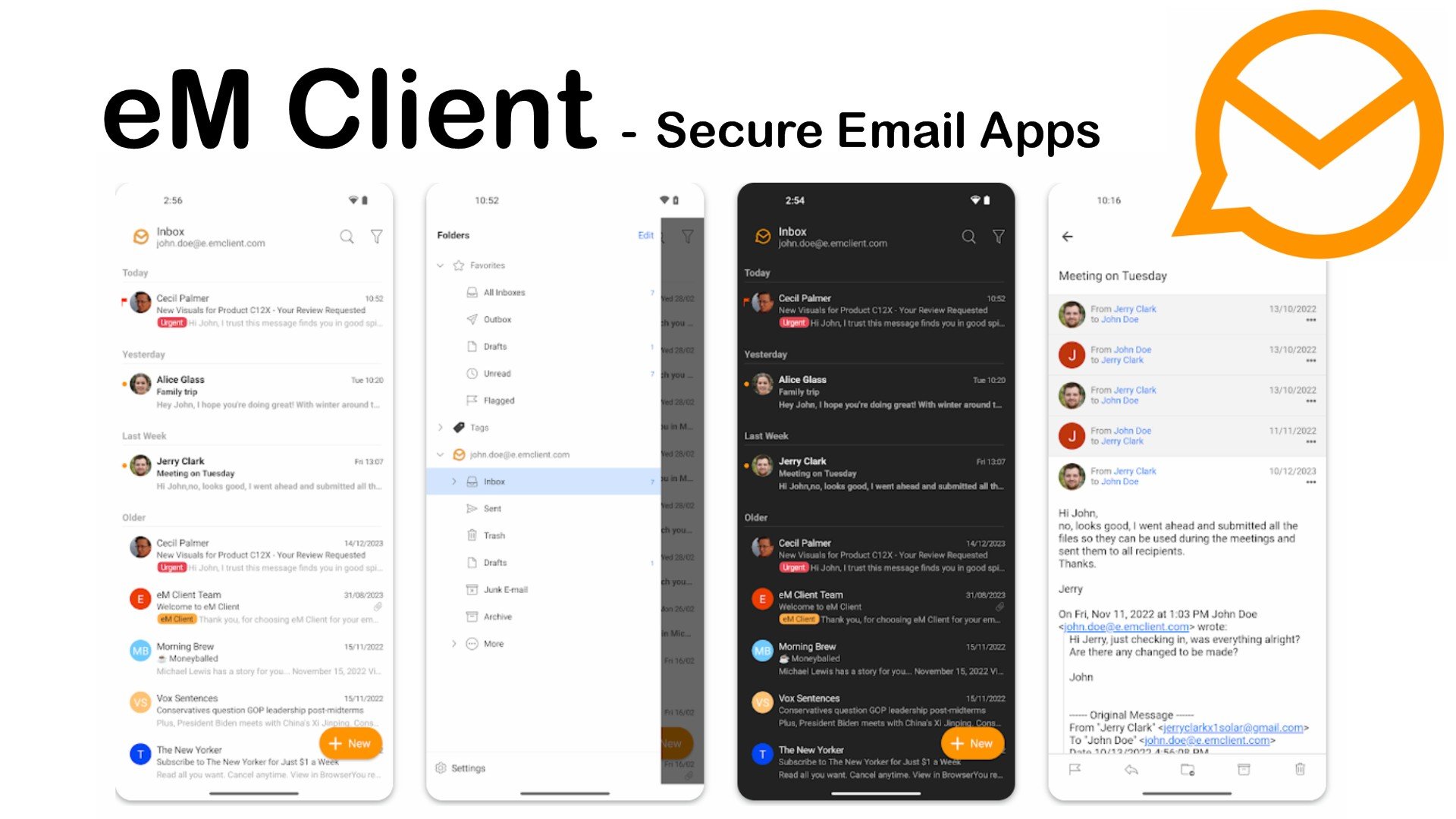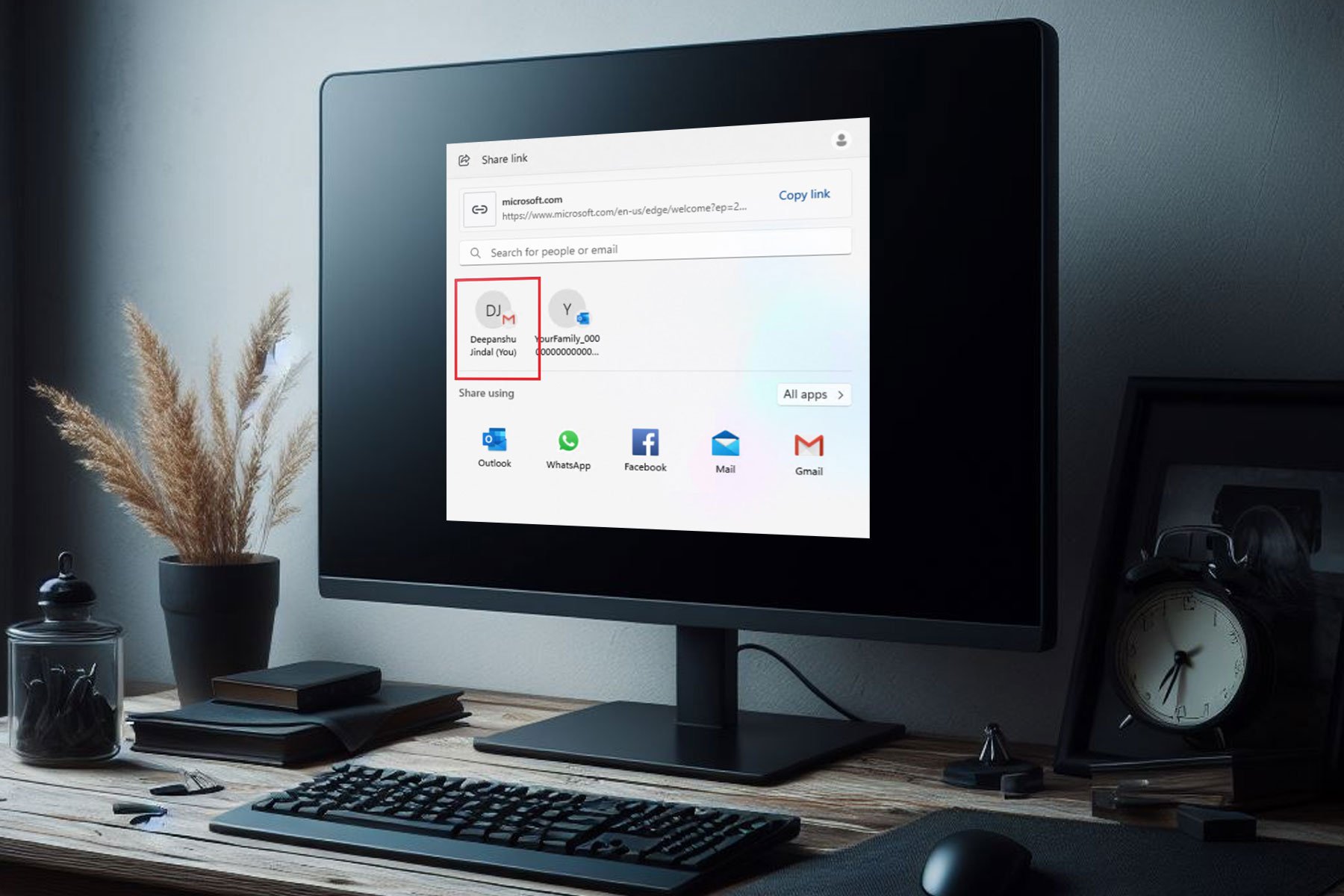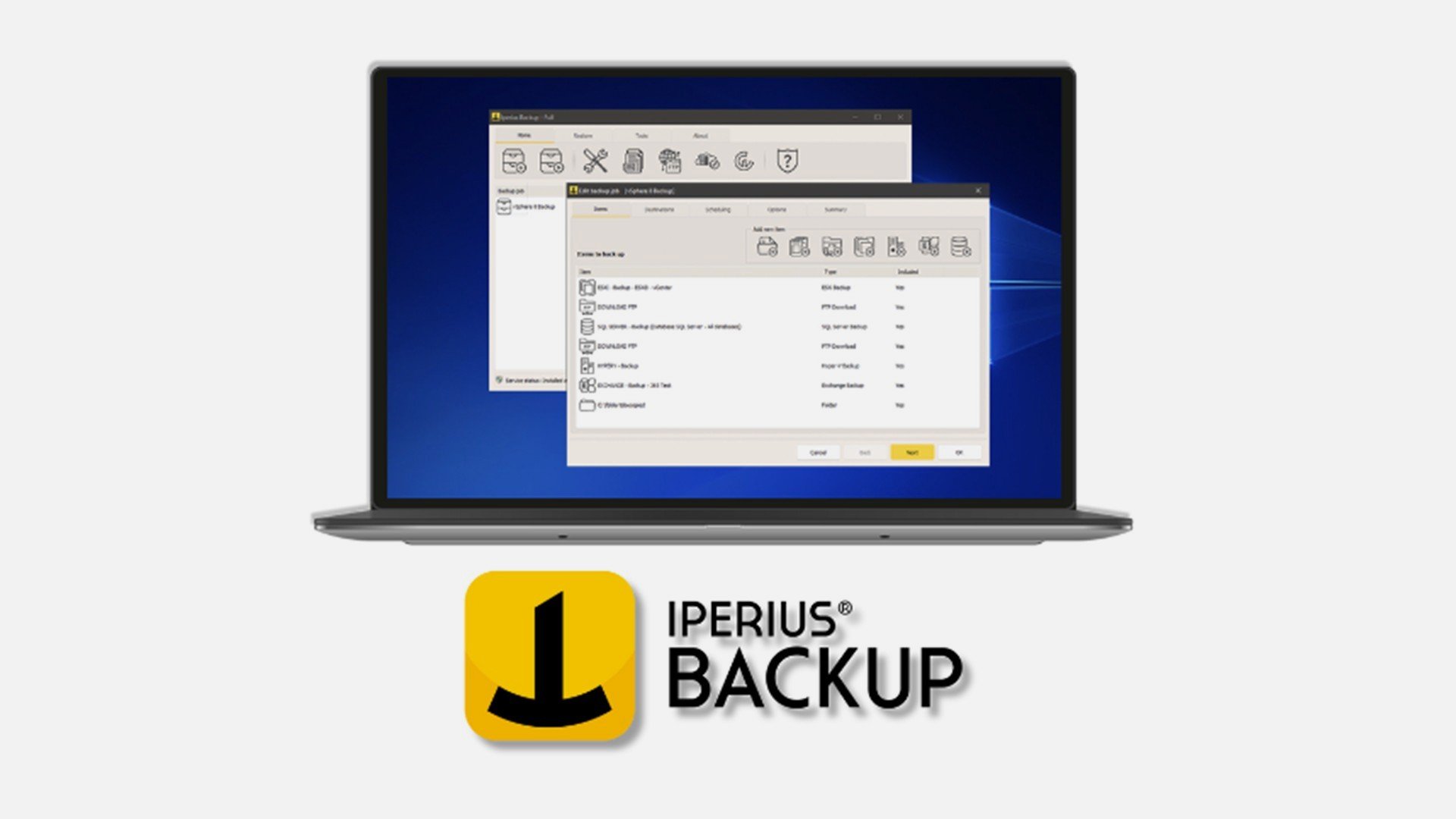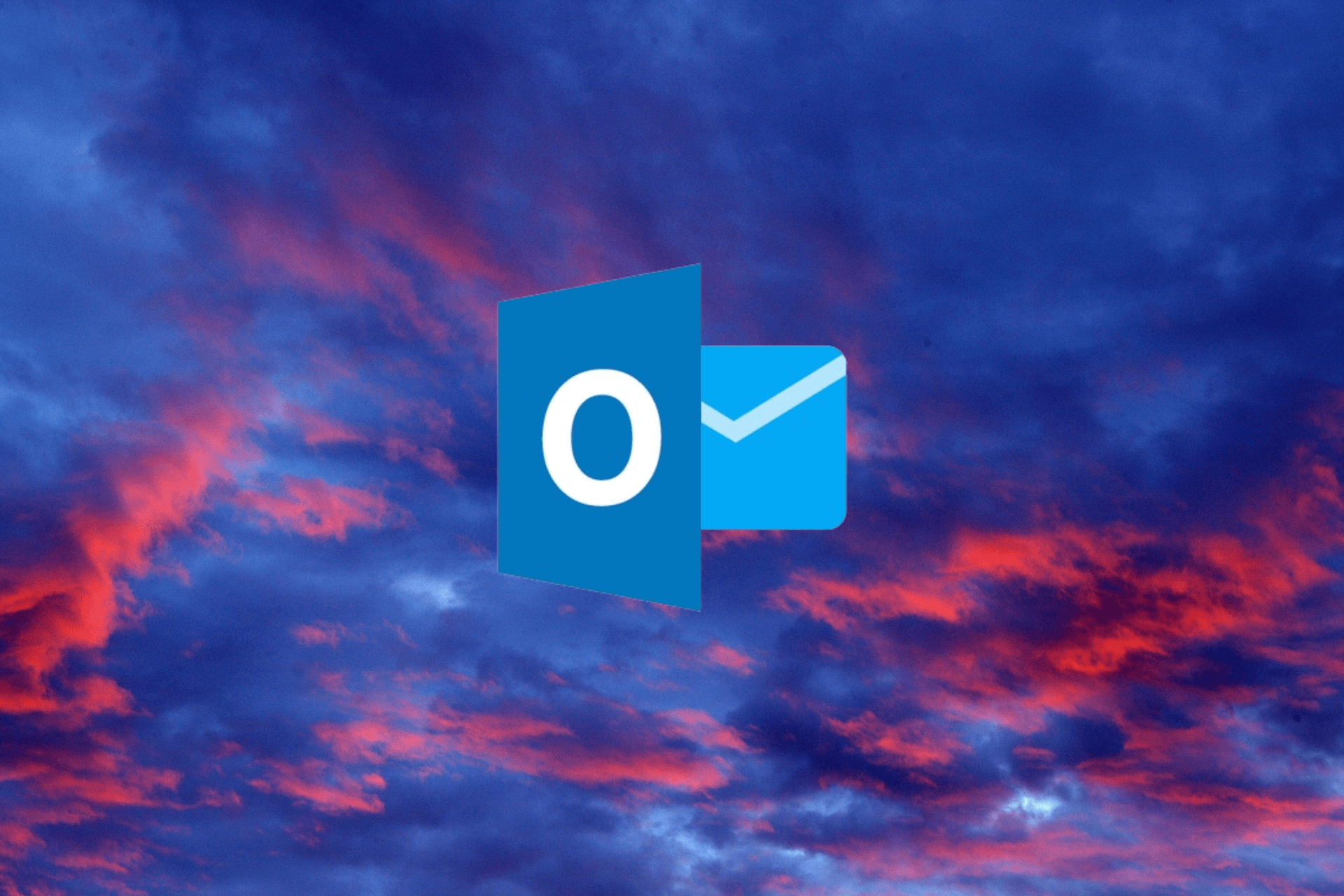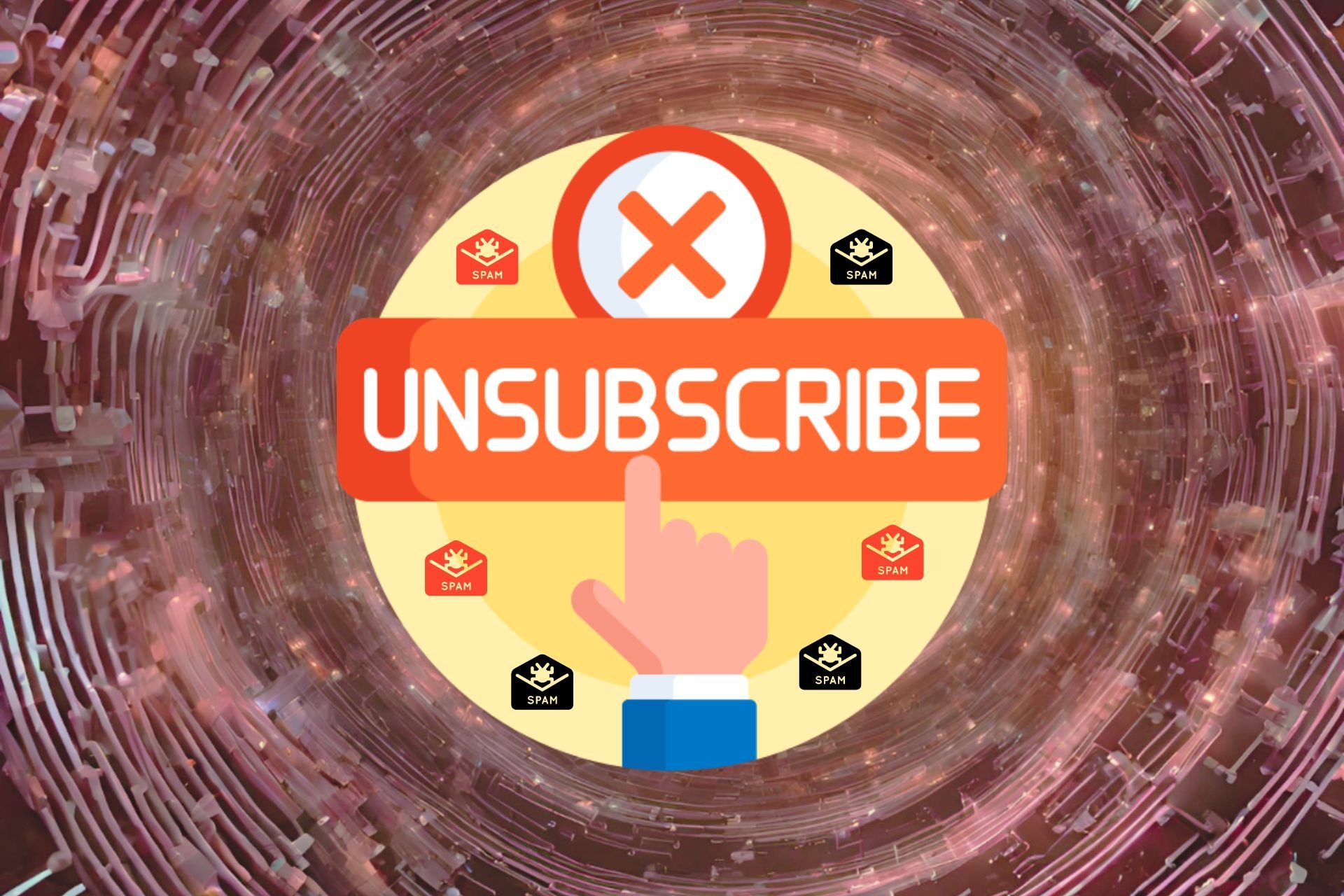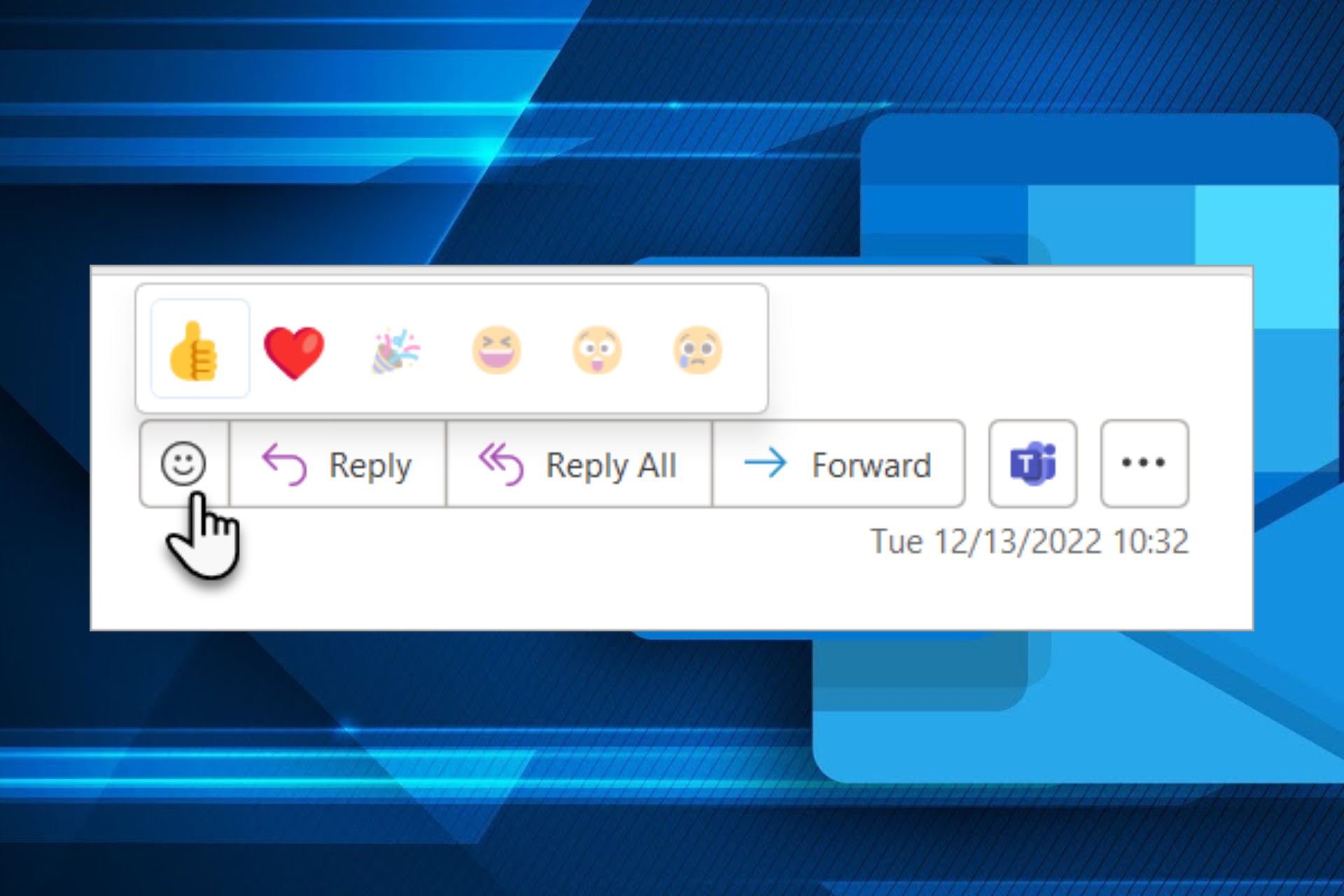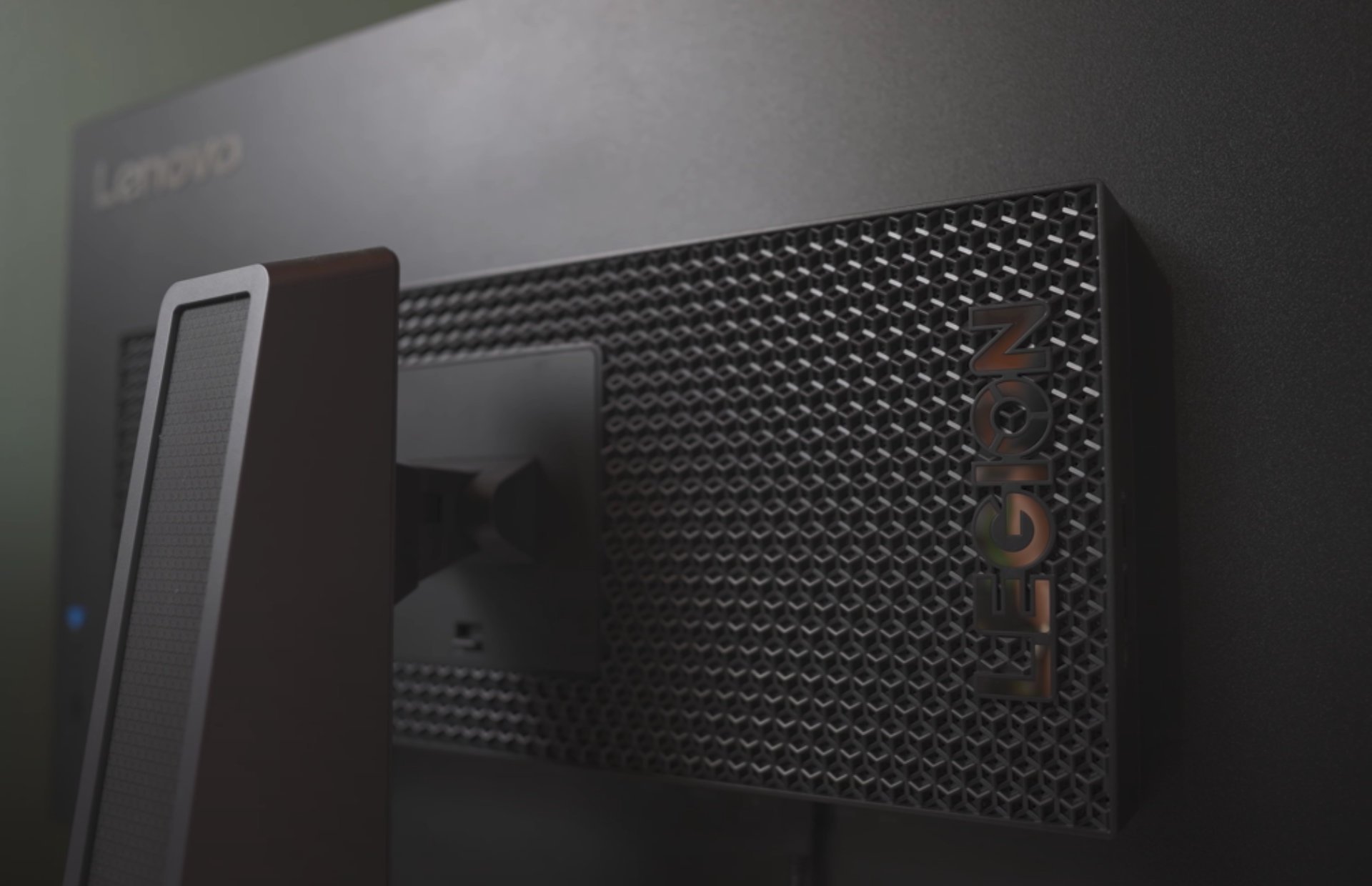Outlook vs Gmail, Which Is Better? (A Quick Comparison)
It's the email wars: Outlook or Gmail for you
6 min. read
Updated on
Read our disclosure page to find out how can you help Windows Report sustain the editorial team Read more
Key notes
- If you are looking for an email client, today’s article will be of interest to you as we compare the big names in the industry.
- Get to explore the key features and finally make a decision on the best one for you.
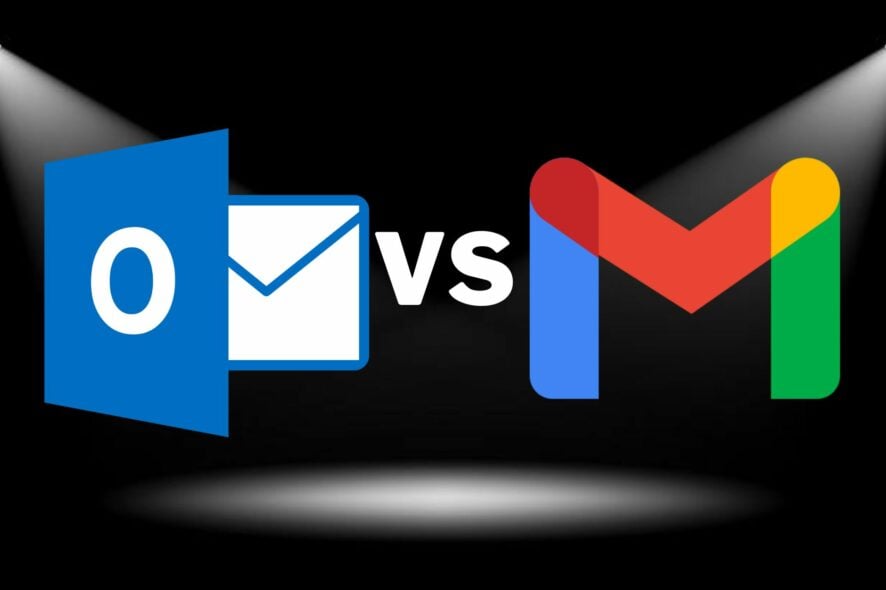
The age-old question is debated over, yet no one ever seems to get an answer. Is it Outlook or Gmail? Gmail and Outlook are two of the most popular email services on the market. They have their own strengths and weaknesses, but which one is right for you?
This article will break down some of the pros and cons for both email providers and tell you what we’ve found to be the best solution. Let’s get into it.
Is it better to use Outlook or Gmail?
If you’re an Outlook user, you may wonder if it’s time to make the switch to Gmail. And if you’re a Gmail user, you may have wondered what all the fuss is about with Microsoft’s email service.
There are many factors that go into choosing which email client is best for you. The kind of hardware you have, the kind of software you use, and how much time you can afford to spend on email are all important aspects.
Other factors include:
- Ease of use – Many users like Outlook because it’s familiar. The interface is similar to other Microsoft products like Word and Excel. This makes it easier for people who are used to using those programs to get used to using Outlook without much effort at all. On the other hand, Gmail’s web interface can be confusing at first because it doesn’t look like any other web-based email program out there (and that’s a good thing). It takes some getting used to but once you do, you’ll never want to go back.
- Security – Security is a touchy subject and given the kind of information shared across emails, it’s easy to see why it would be a war when it comes to Outlook vs Gmail for business.
- Integrations – If you use other Microsoft products like Skype or Office 365, then having an integrated inbox will be helpful because it allows users to see their messages all at once without having to log in multiple times throughout the day. Gmail also has Google-integrated products such as Google Meet, Google Calendar, and more.
The answer is that neither one is necessarily better than the other. It depends on your needs and preferences.
What are the similarities and differences between Outlook and Gmail?
Outlook’s main features
- Email Scheduler – This can be useful if you prefer to send out your newsletters at a certain time of day or week, or if you want to send out your emails on the weekends.
- Tasks – If you’ve ever asked yourself: Why do companies prefer Outlook over Gmail? This feature is part of the reason because there’s no need for other productivity apps. You can create tasks for yourself or assign them to others so you can stay organized throughout the day. Your tasks will be synced across devices so that you can always access them on any device where you have Outlook installed.
- Calendar – View your calendar events in one place, with reminders for upcoming events and invitations. You can add new events, invite people and set reminders directly from the calendar view. This makes it easier without needing Calendar apps.
- Mail – You can send and receive emails using your Gmail address or any other account that you’ve added to Outlook. You can also send attachments or forward messages, or create new drafts by using your keyboard shortcuts.
- Contact management – Stay organized by storing all your contacts in one place — including their photos — so they’re always available when you need them.
Gmail’s main features
Some of Gmail’s key features include:
- Automated organization tools – Gmail automatically classifies your emails into different categories like Primary, Social, and Promotions. This way you can easily find any message that you have received from any of your contacts.
- Snooze – Another notable feature is Snooze, which allows you to snooze a message until later during the week or at a specific time. When you snooze an email it will move out of your inbox and show up again at a later date when it’s back on your radar.
- Smart email – The smart compose feature uses artificial intelligence to suggest complete phrases and sentences while you’re typing an email. It helps you respond to messages more quickly by offering replies based on your message content.
- Integration with Google Services – This integration allows you to send and receive files up to 10GB in size, as well as upload photos from your Google Drive to Gmail.
- Free storage space – Google’s basic Gmail account comes with 15GB of free storage space for all your emails and attachments. The storage is spread across other Google services so it can be limited for some users.
- Calendar – Gmail lets you create events using Google Calendar right from the email headers. You can add times, locations, descriptions, and more so you never have to miss a meeting.
- Contact management – This feature allows you to keep track of all the people in your life by storing their contact information in one place.
- Scheduler – Gmail has a built-in email scheduler that allows you to send out emails at specific times or on specific dates.
- Search – Searching through your inbox can be tedious if you have thousands upon thousands of messages stored there. Luckily, Gmail makes it easier with various filtering options.
| Features | Outlook | Gmail |
| Email storage limits | 15GB | 15GB |
| Security | ✓ | ✓ |
| Web-based access | ✓ | ✓ |
| Email organization | ✓ | ✓ |
| Scheduler | ✓ | ✓ |
| Calendar | ✓ | ✓ |
Is Outlook safer than Gmail?
Outlook uses Microsoft infrastructure and is not as susceptible to attacks. While Microsoft has been criticized for its anti-privacy practices in the past, it’s important to note that Outlook doesn’t share your data with third parties.
Gmail doesn’t even come close when it comes to privacy protections. It uses TLS encryption but only for servers making users more susceptible to security risks.
Google has been repeatedly criticized by privacy advocates for collecting user data without permission and sharing that information with third parties — including advertisers who want to target users based on their interests.
With so many email providers out there, it can be tough to figure out which one is right for you. If you’re like most people, you probably use one of these two email services. And if you’ve used both of them before, then you already know their strengths and weaknesses.
There are certainly pros and cons of Gmail vs Outlook. Each platform has features that fit certain people better than others. In the end, it all boils down to personal preference. You’ll need to figure out which one works best for you but we hope that our comparison has helped you make a more informed decision.
Since both email clients are also web-based, we have excellent recommendations of the best browsers for emails in case you don’t have enough space for the applications.
What are your thoughts on the Outlook vs Gmail battle? Let us know in the comment section below.

